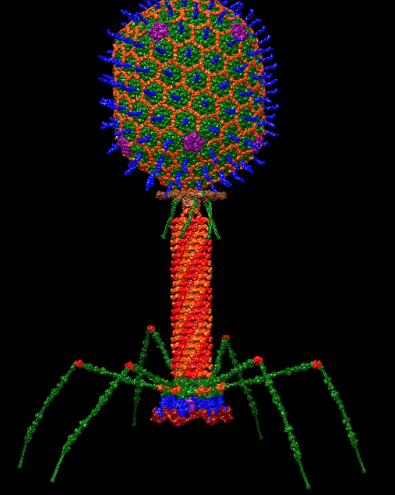As many mothers have said to their children countless times, growing and birthing a child isn’t easy. Pregnancy not only takes a toll on the mother’s body, but is a delicate process, often with many possible health complications for both the mother and the developing baby.
According to Dr. Aleksandar Stanic-Kostic at the University of Wisconsin, almost a quarter of all pregnant mothers will experience some form of pregnancy complication, which can have serious consequences for the health of the mother, as well as the health of the growing baby.
Stanic-Kostic grew up in Serbia, moving to the U.S. after military conflict in the region. He then went on to obtain a Ph.D. in immunology from Vanderbilt University, an M.D. from Vanderbilt Medical School, and then completed a residency as well as a fellowship at Harvard Medical School. He is now a part of the Obstetrics and Gynecology department at the University of Wisconsin-Madison.
Stanic-Kostic also runs a research lab at Meriter Hospital in Madison, where he studies pregnancy complications. More specifically, his lab research involves the role of a little-documented factor in pregnancy difficulties: the immune system.
“I think that one of the big problems with researching this is that it’s super important, but doesn’t get much attention from research funding agencies,” Stanic-Kostic noted. “That’s sad, considering that this is such a deep topic and has such wide effects on humanity.”
Previously, it was thought among reproductive immunologists that the immune system was kept in check in the developing fetus. Fifty percent of the fetus’ DNA comes from an entirely different set of genes, those of its father. Since the immune system’s primary purpose is to defend the body against foreign entities, it could mistake the unfamiliar DNA for an invader. If the immune system attacked the fetus, it would be devastating for the growth of a child in the womb. Indeed, the immune system is a large obstacle in organ transplant, since it can mistake a necessary, healthy organ for a foreign invader.
But new research has proven that the immune system plays a key role in developing the growing baby, helping construct what’s known to scientists as the maternal-fetal interface.
Scientists define the maternal-fetal interface as where the fetus’ body anchors to the mother while in the womb. The highly specialized section of tissue helps the fetus acquire nutrients from the mother’s body, helps the immune system defend the fetus from infection and keeps the developing baby safely tethered inside of the womb.
“It was a pretty massive thing. All of a sudden, researchers weren’t thinking ‘oh, the mother’s immune system is dangerous for the baby.’ Instead, they shifted to more of a view of ‘the mother’s immune system actually had this really important role in pregnancy.’ It marked a turning point of sorts,” said Stanic-Kostic.
With better knowledge of how the immune system affects the health of mothers and their unborn children, health professionals can better treat pregnancy complications and save lives. Though the discipline has not received much attention, reproductive immunology provides doctors and researchers alike with an insight into one of the biggest factors in pregnancy complications worldwide.
“Every human on Earth is a product of pregnancy. Because of that, changing how we treat fetal problems has health benefits for entire generations,” Stanic-Kostic said. “If we learn more about pregnancy, we can save people a lot of time, pain and money because we can help prevent these conditions. That’s the point of science, to better our lives.”









